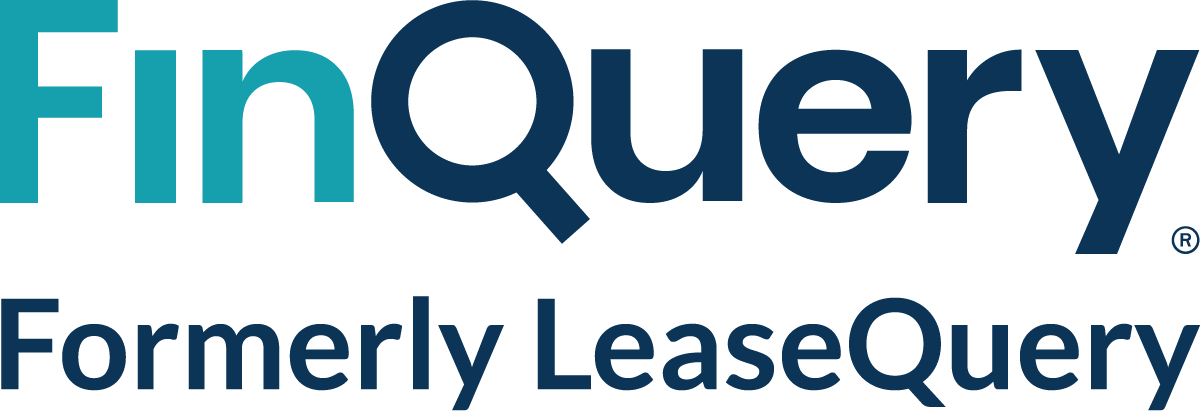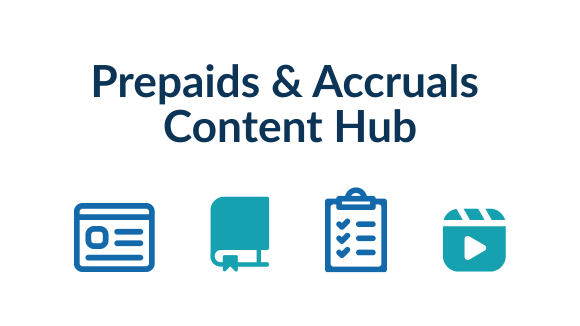What is FASAB?
The Federal Accounting Standards Advisory Board, or FASAB, is the body that regulates generally accepted accounting principles (GAAP) for the federal government and its entities. The board is comprised of nine members, three of which are from federal offices and six of which are non-federal representatives.
In 1990, the Department of Treasury (Treasury), the Government Accountability Office (GAO), and the Office of Management and Budget (OMB) agreed to sponsor a federal accounting advisory board. Later that year, after some financial management issues occurred at multiple federal agencies, Congress passed the Chief Financial Officer’s Act (CFO Act), requiring audited financial statements for selected federal reporting entities.
The FASAB was established to improve government accountability by issuing federal financial accounting and reporting standards that adhere to industry best practices. Its mission is to improve federal financial reporting through accounting standards. Oversight of the board is provided by the Treasury, the GAO, and the OMB.
Who reports under FASAB?
In 1999, the American Institute of Certified Public Accountants (AICPA) announced the FASAB would establish the GAAP for federal entities. In other words, the board is ultimately responsible for setting accounting standards for federal government entities, which is broken down further into the article.
Several agencies use federal funds and report under FASAB, including the:
- U.S. Department of Agriculture
- U.S. Department of Defense
- U.S. Department of Education
- U.S Department of Veteran Affairs
- Environmental Protection Agency
- Securities Exchange Commission
- United States Postal Service
What is US GAAP?
US GAAP is a collection of accounting rules and policies established by various boards to keep accounting practices consistent and understandable across groups of financial reporters. The FASB, GASB, and FASAB issue standards that form the GAAP for each set of financial issuers.
GAAP was established to ensure financial reporting is transparent and consistent. Responsibility for enforcement and shaping of GAAP falls to the FASB and the SEC. While GASB, the accounting board regulating accounting standards for state and local governments, isn’t officially a part of US GAAP, it is related.
FASB explained
The Financial Accounting Standards Board (FASB) is a board that creates accounting standards for public and private companies and nonprofit entities, not to be confused with FASAB. In simple terms, the FASAB creates standards for the federal government and the FASB sets standards for companies and nonprofit entities. Both sets of standards provide GAAP for their group of financial statement issuers.
The Financial Accounting Foundation (FAF) is an independent, not-for-profit organization that provides oversight of the FASB. The trustees of the FAF are appointed by committee and in turn, the FAF appoints members to the FASB.
GASB explained
The Government Accounting Standards Board (GASB) is a counterpart to the FASB. It provides accounting guidance for local and state government agencies. When finance and accounting professionals became concerned that FASB wasn’t covering those agencies in the 1980s, they implored the SEC to establish the GASB.
Similar to both the FASB and the FASAB, the GASB provides a set of accounting rules and standards overseen that from GAAP for local and state governments. Additionally, similar to the FASB, the FAF oversees and appoints board members to the GASB.
SEC explained
The U.S. Securities and Exchange Commission (SEC) is a government agency established as a result of the stock market crash of 1929 and the subsequent financial unrest. The SEC is governed by a five-member commission appointed by the president of the United States. The major responsibilities of the commission include:
- Oversee national securities exchanges, credit rating agencies, registered clearing agencies, the PCAOB, and the FASB, among others
- Provide critical market services with IT systems such as EDGAR
- Oversee securities trading and the U.S. fixed income market
- Oversee the activities of registered market participants, including investment advisors, mutual funds, broker-dealers, etc.
As part of their role to monitor and regulate securities trading, the SEC designated the FASB as the body in charge of accounting rules for U.S. public companies. Both FASB and SEC are responsible for shaping US GAAP. But while the FASB can only set the standards, the SEC has the authority to enforce them.
The SEC is at the forefront of financial accounting for public companies and helps identify any emerging accounting problems to address. They refer these issues to the FASB to provide additional guidance or clarity.
Summary
The FASAB oversees all federal government accounting. Any government agency that uses federal funds, such as the USDA or The Department of Homeland Security, reports under FASAB. US GAAP is established by the accounting standards provided by the FASAB, the FASB, and the GASB for their various financial statement issuers. Finally, FASB and GASB are monitored by the FAF, which in turn is governed by a private, appointed committee.
Do you want more information about accounting? Join our mailing list to receive our newsletter with updates on the latest accounting news and guidance on the new standards.











